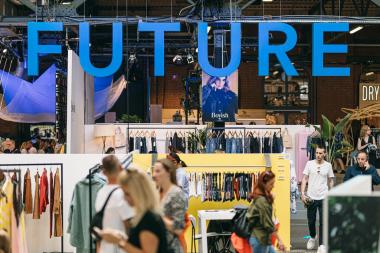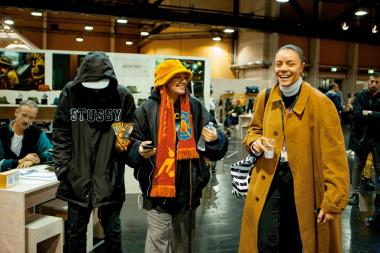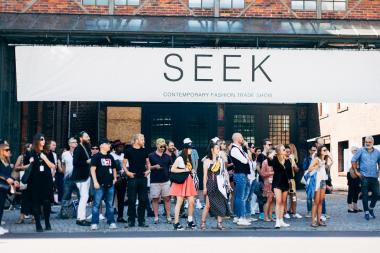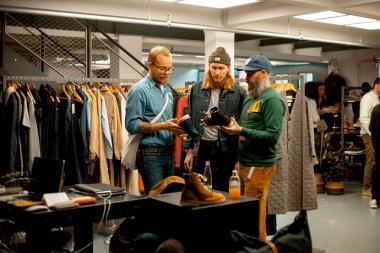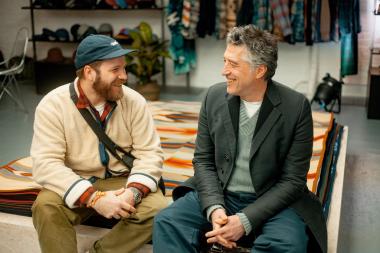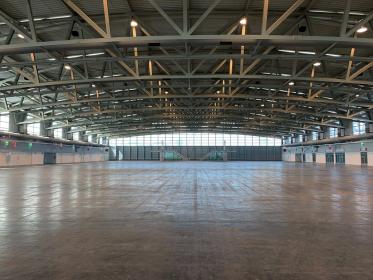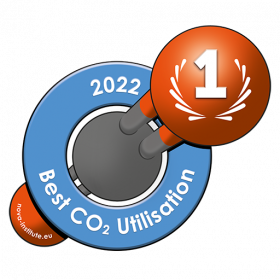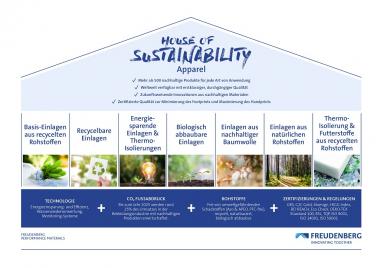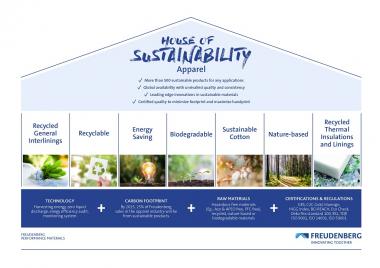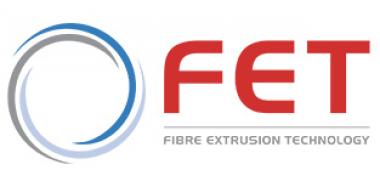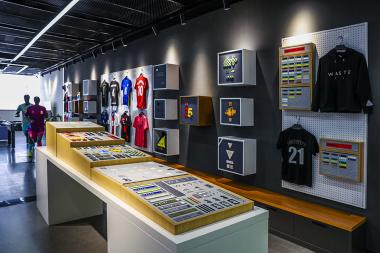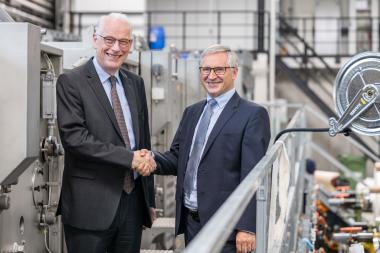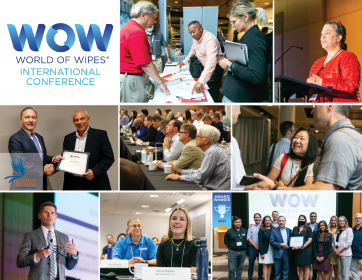DyStar Releases 2020 – 2021 Integrated Sustainability Report
DyStar is pleased to announce the release of its eleventh annual Sustainability Performance Report. The report is written in accordance with the GRI Standards: Core option, while using the Integrated Reporting <IR> framework to communicate how DyStar drives value creation across multiple stakeholder groups in six capital categories, namely financial, manufactured, intellectual, natural, human capital and social capital.
In FY2020, COVID-19 has continued to present its challenges, such as the shortage of raw materials and rising freight costs. Gloomy global demand has also resulted in some raw and product material wastage in production plants worldwide, leading to increased non-hazardous waste output for FY2020. DyStar recognizes these global factors in play and will continue to make active efforts within the organization’s capability to reduce its environmental footprint in the years ahead.
The Group has set its sight on achieving the 2025 sustainability target of reducing its production footprint by 30% from 2011 levels for every ton of production. “We will continue to innovate and develop a wide range of products and processes that improve environmental performance and reduce carbon footprint across our value chain”, said Mr Xu Yalin, Executive Board Director of DyStar Group.
Mr Eric Hopmann, CEO of DyStar Group added: “We are also developing various projects in anticipation of future demands from customers as well as adopting more environmentally friendly technologies and improve our workflows and processes. Some of our projects include traceability programs, adopting renewable energy technologies, and digitalizing our business processes.” Understanding the importance of collaborative efforts to drive sustainability across the value chain, DyStar seeks to continually support industrial innovations and develop strategic partnerships to work towards becoming a sustainable and trusted leader in the industry.
DyStar Press Info











